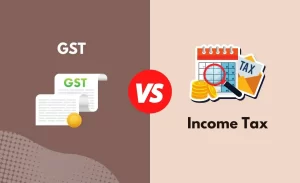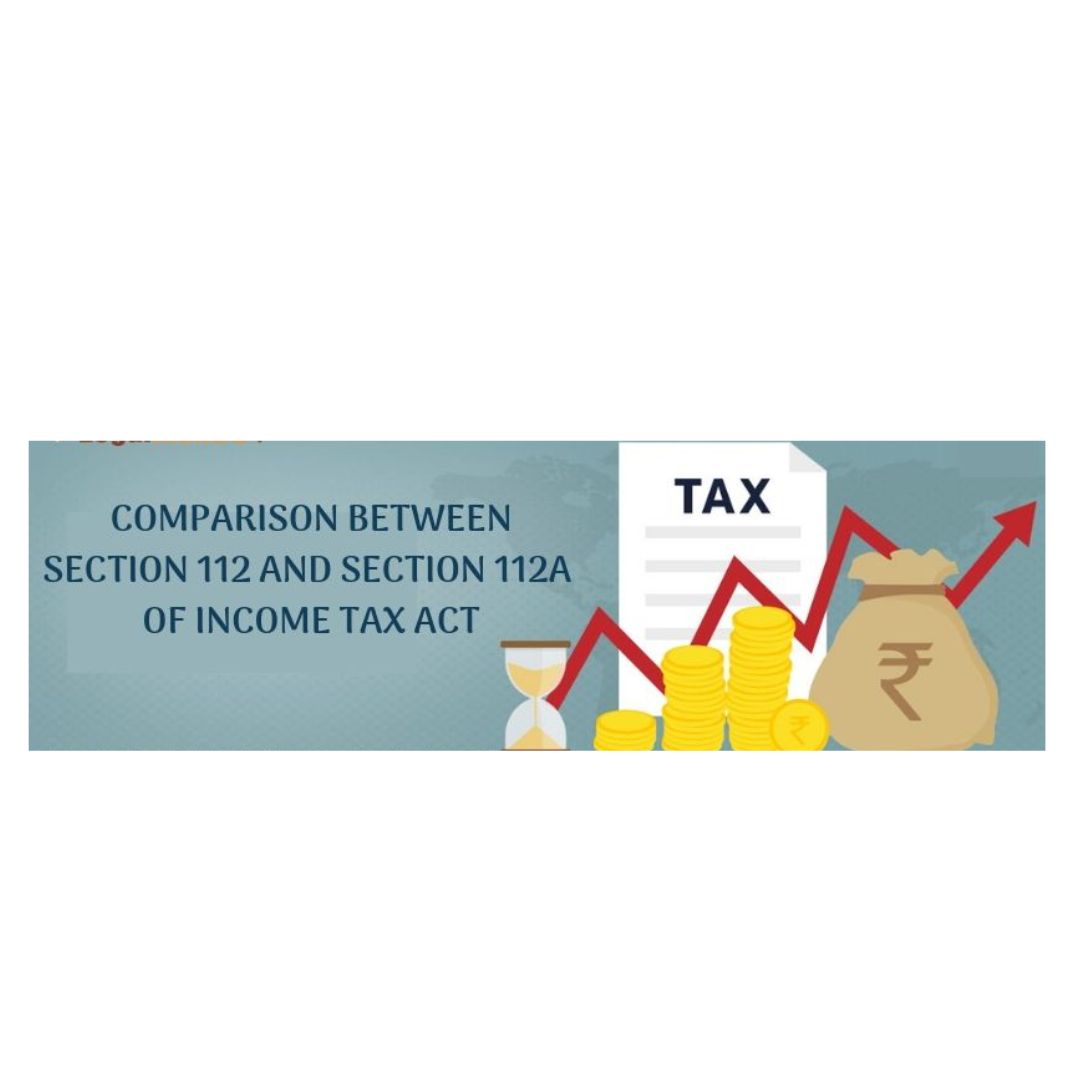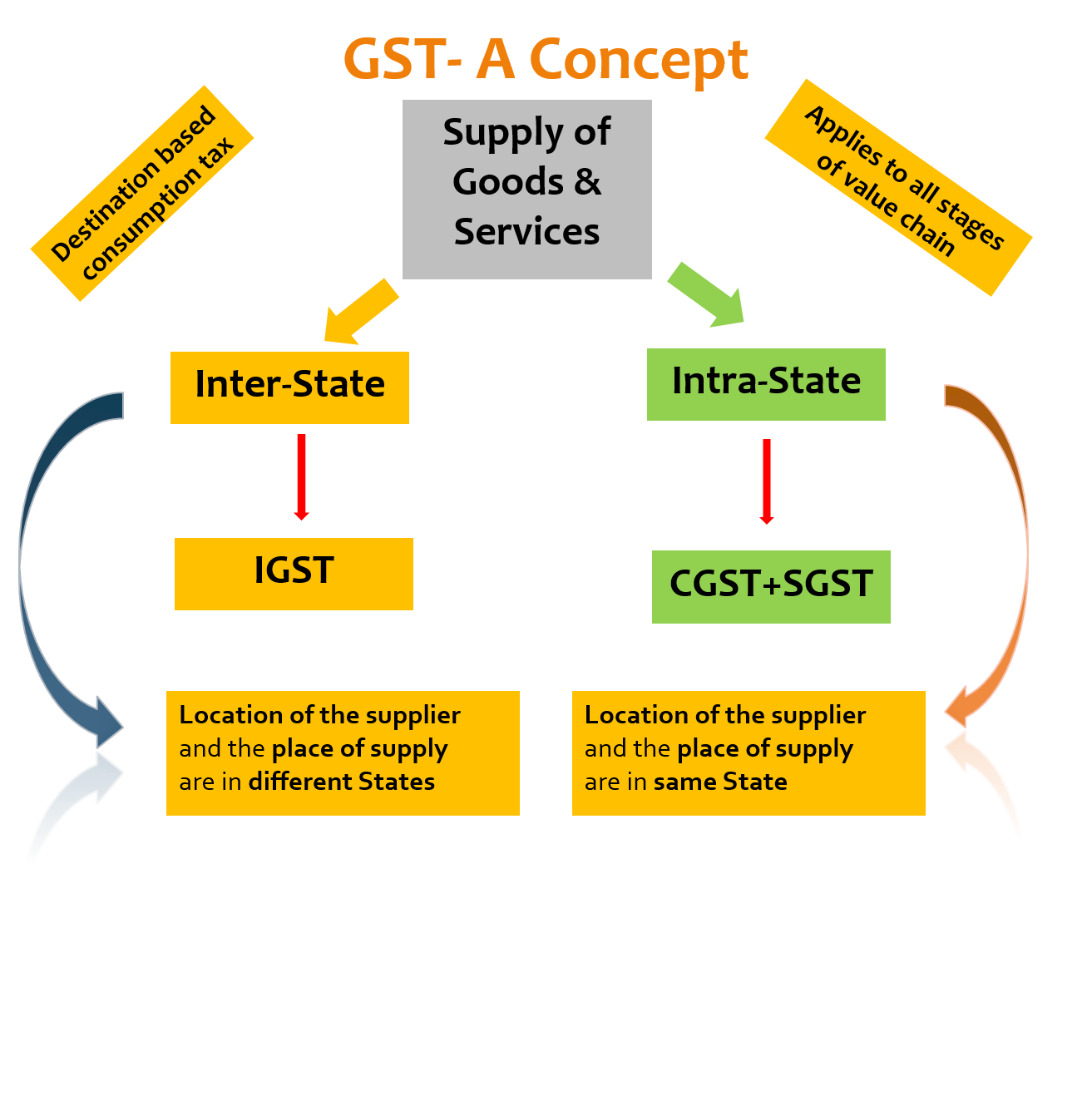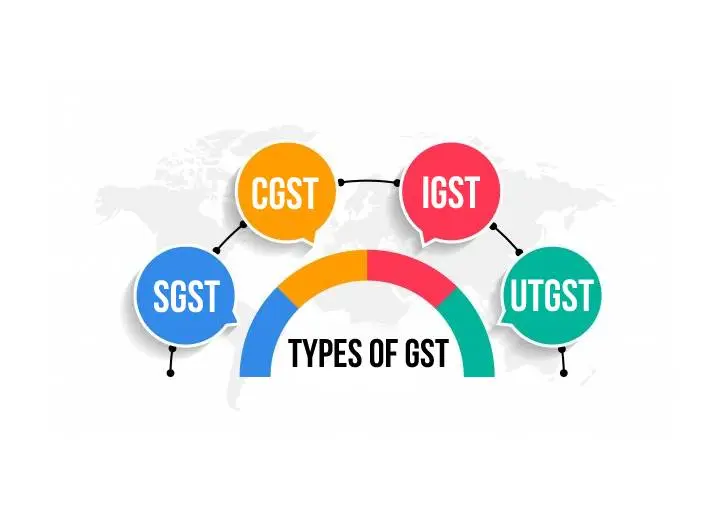What is the meaning of “standard deduction” in income tax rules?
Standard Deduction in income tax The meaning of “standard deduction” in the context of income tax rules, refers to a fixed amount of deduction that is applicable to the gross income of salaried individuals, regardless of the actual expenses incurred. The purpose of the standard deduction is to reduce the tax liability and provide relief… Read More »









